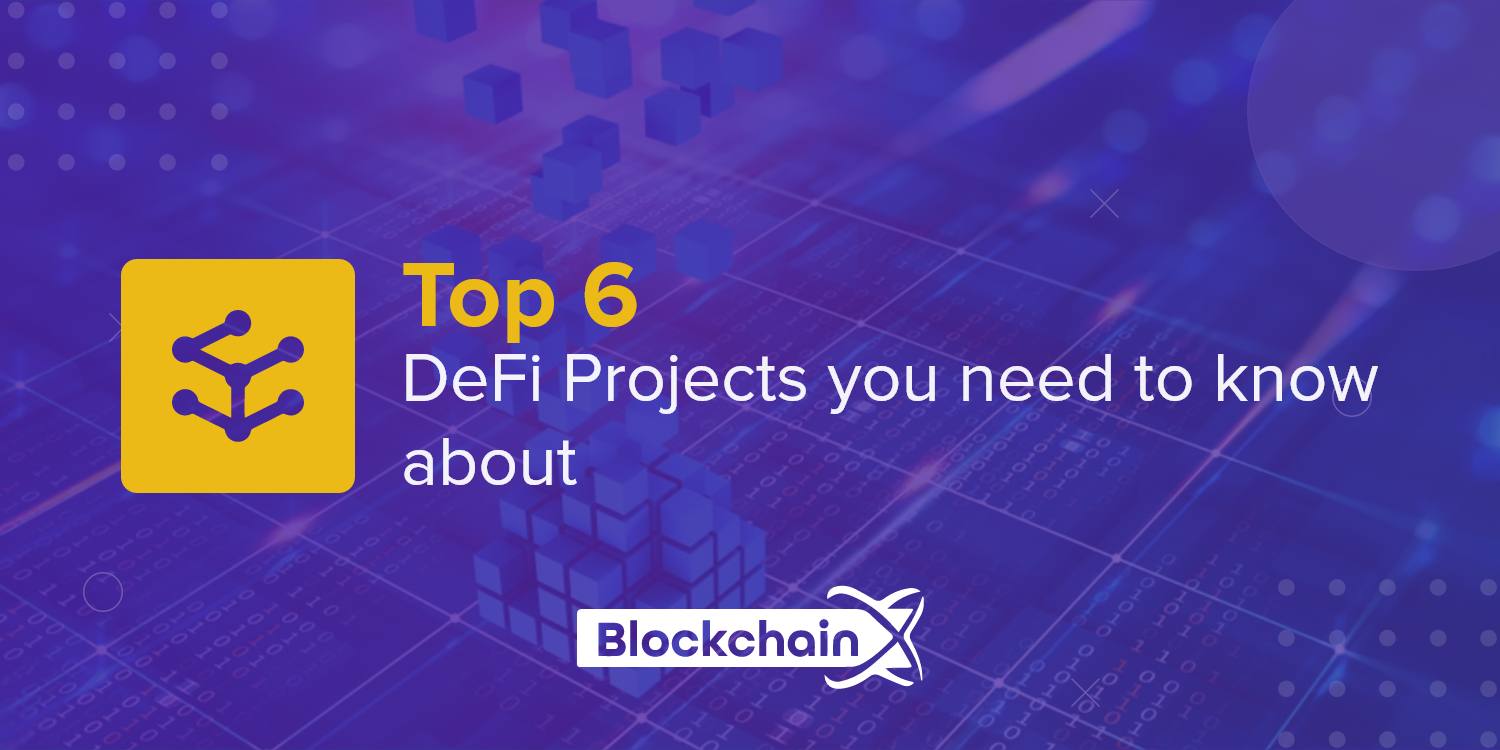DeFi has been grabbing a lot of eyeballs lately. In just two years, the projects have reaped their rewards of hard work. The tremendous growth from thousands to billions has been surreal in such a short period. However, the core obstacles need to get addressed to streamline the process of decentralization further.
Right now, DeFi is equipped with several budding protocols, and that is why the functioning team needs to be able to push instant upgrades. Such control in the decentralized spectrums can help them to be more successful in the longer run.
For instance, the founders of Uniswap have relinquished the control from the very initial stage, and now nobody can shut down Uniswap. Still, at the same time, the upgrades to this protocol are currently not possible. On the contrary, protocols such as Compound and Maker are upgradeable.
Talking about the same, there are a couple of governance risk factors facing the crypto protocols, where regulators can step in to shut the project, or many of them can conspire to take over the network through the native governance token.
Considering and building a useful framework for assessing governance, there are a few factors that help determine the status of the project in the amplitude of decentralization. Let's discuss them:
i. Primarily, how the opinion of a community and the decision made is implemented to reach the agreement is the easiest way to consider voting in a DAO - decentralized autonomous organization (DAO).
ii. By encouraging the community to vote in good faith with the protocol's best interest.
iii. Equal distribution of tokens to avoid the control of the network by a handful of people.
Let's rank the DeFi protocols based on this framework and determine their status of decentralization.
1. yEarn Finance (YFI)
Andre Cronje launched YFI in February 2020, and it has been one of the most gripping projects in DeFi. It is equipped with the most equitable token distribution since Bitcoin, which has sparked a significant involvement. The excellent yields on vaults have grabbed a lot of attention. During the yEarn's liquidity mining initiative, the entire supply was open to holding without any pre-mine or token allocations to certain people. For protocol governance, yEarn Finance uses a YFI token for on-chain voting. It depends on a 6-of-9 multi-signature held by community members to implement proposals, instead of having a DAO. Owing to governance and financial incentives' alignment via token and community-owned multisignature, yEarn finance ranks as the top DeFi project based on decentralization.
2. Synthetix (SNX)
Another top protocol of Defi, Synthetic (SNX) has over a half a billion dollars of locked collateral. The platform is now concerned with taking measures that would enable them to decentralize the system's control. The core team set up three distinct DAOs to streamline the process further after decommissioning the governing foundation. The three DAOs, namely the ProtocolDAO, SynthetixDAO, and the GrantsDAO, are responsible for various upgrades and deployments. The ProtocolDAO owns all Synthetix smart contracts and conducts upgrades and new deployments from time to time. Some of the core members are in charge of the executive decisions of this DAO. The SynthetixDAO was transitioned into a DAO in June 2020 after initially setting up as a multi-signature. This DAO is accountable for treasury management, compensating contributors, paying for Chainlink price feeds, and other such activities. Finally, the GrantsDAO is responsible for funding public goods in Synthetix, such as campaigns for public awareness or intuitive dashboards for users.
3. Aave (LEND)
Token holders hold the governance here while enhancing the alignment between the protocol's value accretion and sound management. The LEND token has been drifted to AAVE with a reverse token split. This has reduced supply from 1.2 billion to 12 million. In addition to this, three million new tokens are to be created that have further diluted the existing investors by 25%. A DAO launch is awaited by AAVE that will allow them to implement the proposals that reach an agreement through on-chain voting. The move is expected to elongate the protocol. This shift has led Aave to earn a top spot in Defi projects.
4. Maker (MKR)
MakerDAO is an original DeFi protocol that has been established for a while with on-chain governance. The Maker foundation has now migrated the control of the MKR token to the community. The recent changes in the protocol have empowered the on-chain votes to implement any proposals.
5. Curve (CRV)
The curve has introduced DAO and governance token launch recently that has brought it closer to decentralization. The DAO has facilitated the on-chain voting process to implement proposals. The majority of the CRV voting power is in the hands of employers and shareholders. As a result, they control the network with the majority vote in the initial days. The dynamic is assumed to get reversed in some time that will provide LPs more power in the future.
6. Compound (COMP)
Launched in June, COMP has been a prime reason for the surge of DeFi as it kicked off the liquidity mining circus. However, straddling growth has also brought some concerns regarding decentralization. In contrast to Synthetix, Compound has issued tokens directly to the shareholders to raise the capital and has not opted for a public sale. The liquidity mining program of the compound has distributed tickets to the community. While this can be a fantastic idea keeping the business perspective, it cannot be ideal for decentralization.
DeFi: Minimizing Governance, Maximizing Decentralization
While DeFi has gained all the attention lately, the governance mechanism for a protocol needs to be revised as zero governance, and does not seem sustainable. Users are attracted based on innovations. Some of the big brands of DeFi have initiated some kind of decentralization, but they need to mitigate the obstacles to obtain the results. However, as mentioned, the top Defi protocols strictly based on decentralization are yEarn Finance, Synthetix, Aave, Maker, Curve, and Compound.

